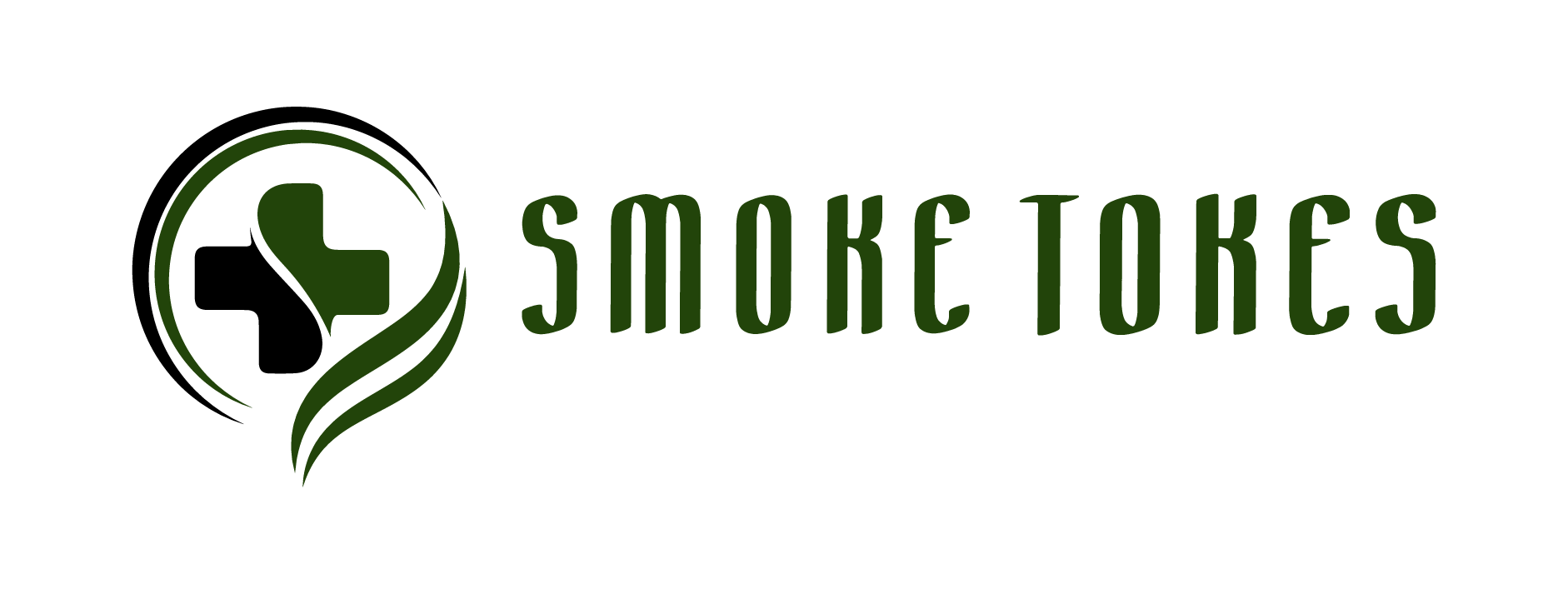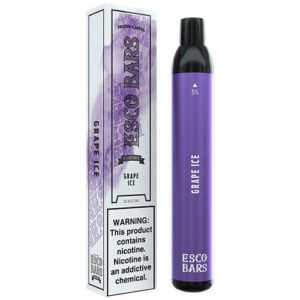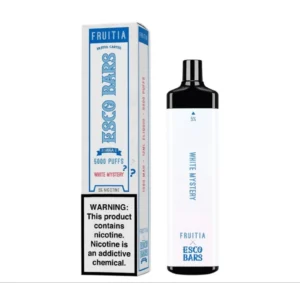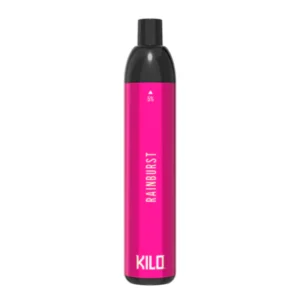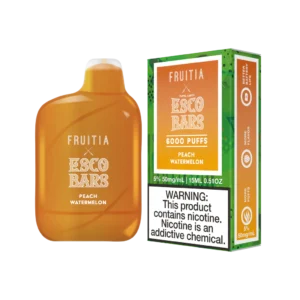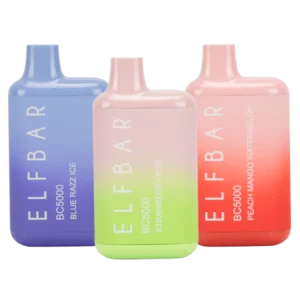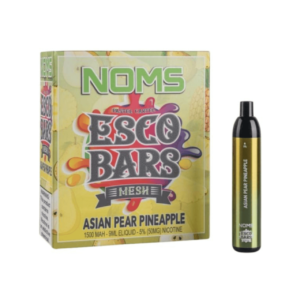
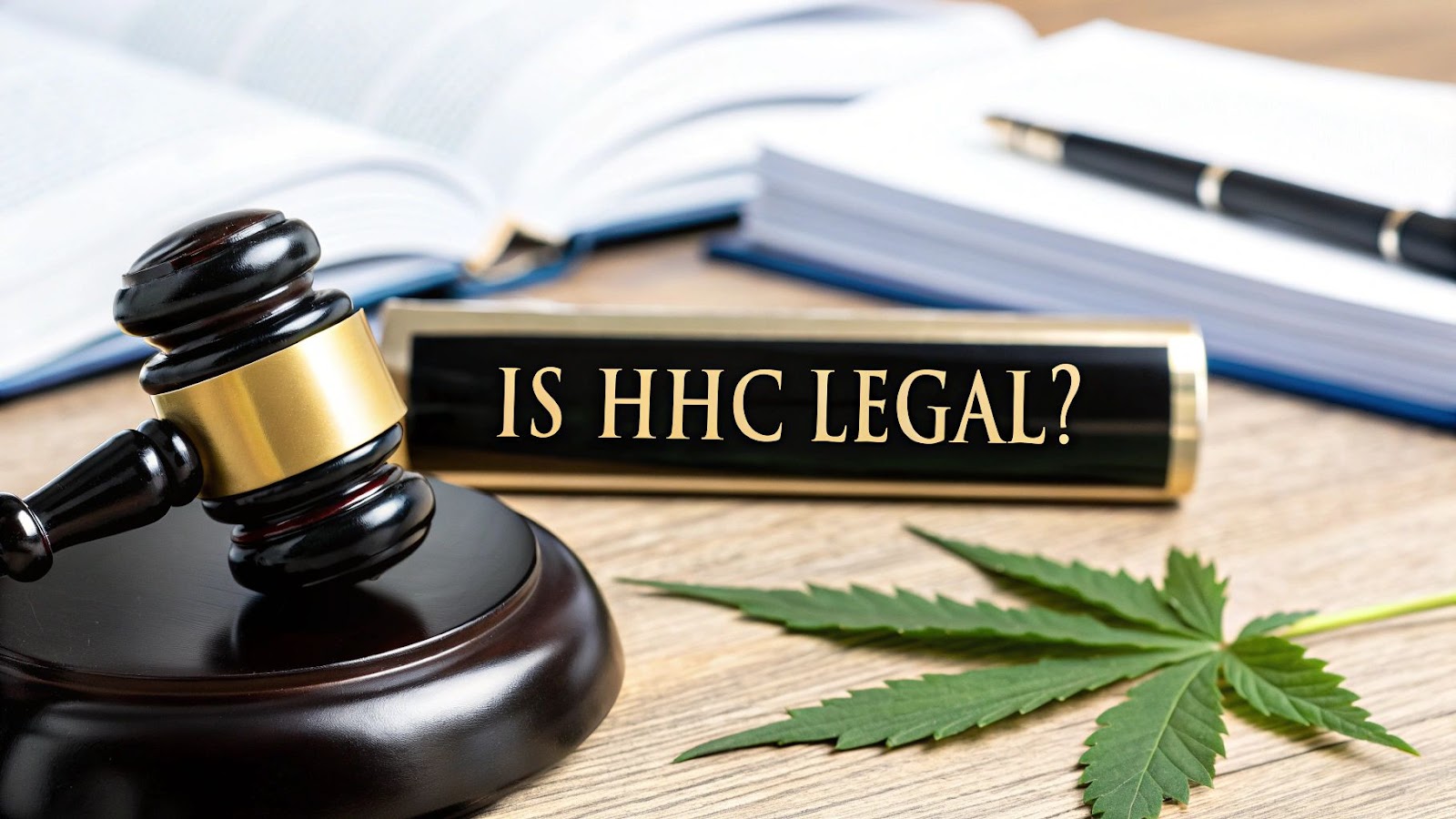
Is HHC Legal? A Clear Guide to a Complicated Question
So, is HHC legal? The short answer is: it’s complicated. HHC currently exists in a legal gray area, where a federal law opened a door that many state laws are now scrambling to close.
The Complicated Truth About HHC Legality
Imagine HHC’s legal status like a new road built on a blurry property line. Some officials say it’s fine to drive on, while others are quickly putting up fences. This whole situation started with the landmark 2018 Farm Bill.
This piece of legislation was a game-changer. It federally legalized hemp and all its derivatives, but with one major condition: they had to contain less than 0.3% Delta-9 THC. At first, this seemed to pave a clear path for cannabinoids like CBD.
But here’s the twist. The bill never mentioned novel, intoxicating compounds like HHC (hexahydrocannabinol) that weren’t on anyone’s radar back then. Since the HHC in your favorite vape or gummy is usually created in a lab from hemp-derived CBD, regulators are now debating whether it truly counts as “hemp-derived” in the spirit of the law. This has created a confusing and contradictory patchwork of rules from state to state.
What This Guide Covers
This guide is your map for navigating this tricky legal territory. We’re going to break down the key factors that decide whether HHC is legal where you live, so you can make smart, informed choices.
Here’s what we’ll explore:
- The Federal Stance: How the 2018 Farm Bill clashes with other federal rules.
- State-by-State Differences: Why HHC can be perfectly legal in one state and totally banned just across the border.
- Safety and Compliance: How to shop for HHC products safely and responsibly.
The rules around cannabinoid products are always in motion. As we dive into the specifics of HHC, it can be helpful to have a solid foundation. Many people find that understanding established products, like those covered in our CBD Vaping 101 guide, provides useful context.
By the time you finish this article, you’ll have the confidence and knowledge to understand the complex world of HHC legality.
HHC Legality at a Glance
To give you a quick overview, this table breaks down the main factors that influence HHC’s legal status.
| Regulatory Level | Key Factor | General Status |
| Federal Law | 2018 Farm Bill | Legal if derived from hemp containing <0.3% Delta-9 THC. |
| Federal Law | Federal Analogue Act | Potential risk; could classify HHC as an analogue of illegal THC. |
| State Law | Specific Hemp Regulations | Varies widely; some states explicitly ban HHC, others have no specific laws. |
Ultimately, while the Farm Bill provides a federal baseline, it’s the state-level regulations that you really need to watch. Always check your local laws before making any purchases.
What Is HHC and Why Is It So Controversial?
To really get to the bottom of the “is HHC legal?” debate, you first have to understand what it is. HHC, or hexahydrocannabinol, is a close chemical cousin of THC, the compound in cannabis known for its psychoactive effects. Think of them like different models of the same car—they share a basic design but have unique features and performance.
Now, HHC does show up naturally in cannabis and hemp plants, but only in tiny, trace amounts. It’s not nearly enough to extract and put into products. So, the HHC you see in innovative vapes and flavorful gummies is almost always made in a lab.
And that’s where the legal friction begins.
The Semi-Synthetic Dilemma
The vast majority of HHC on the market today is created by taking legal, hemp-derived CBD or THC and changing its chemical structure. This is done through a process called hydrogenation, where hydrogen atoms are added to the molecule. It’s the same basic chemical reaction used to turn vegetable oil into margarine.
This semi-synthetic origin is what puts HHC squarely in the legal gray area. The 2018 Farm Bill made hemp and its derivatives legal, but the big question is whether that protection covers brand-new, intoxicating compounds that are created from hemp cannabinoids in a lab.
Here’s a helpful analogy: You can legally grow corn under agricultural laws. But if you take that corn and distill it into high-proof moonshine, is the moonshine automatically legal under the same farm law? That’s the exact problem regulators are wrestling with.
This is precisely why HHC’s legal status is so messy. Lawmakers are trying to figure out if these lab-made cannabinoids honor the spirit of the law or just exploit a loophole that needs to be shut down. This uncertainty is pushing states to take a hard look at all these new cannabinoids hitting the shelves.
Understanding how HHC differs from other popular compounds is crucial. For a deeper dive, you can explore our comparison of Delta-8 vs. HHC. These distinctions are key to why regulators are treating each substance differently, leading to the confusing patchwork of laws we have today.
Decoding Federal HHC Regulations
When you dig into the question “is HHC legal?” at the federal level, you find a story of two powerful but clashing laws. It’s like a high-stakes tug-of-war, and this legal tension is exactly what created the gray market we see today—a space filled with both opportunity and real risk for everyone involved.
On one side of the rope, you have the 2018 Farm Bill. This piece of legislation was a game-changer, federally legalizing hemp and all its derivatives. The key rule? The final product must contain less than 0.3% Delta-9 THC.
Since most HHC on the market starts from hemp and stays below that THC limit, it seems to be in the clear. This is the main argument companies stand on when they sell HHC products.
The Federal Analogue Act: A Formidable Counterargument
But there’s another, older law lurking in the background: the Federal Analogue Act of 1986. This law acts as a powerful counter-punch to the permissions granted by the Farm Bill.
In simple terms, the Analogue Act says that any substance “substantially similar” to a Schedule I drug, like THC, is illegal if it’s meant for people to consume. Because HHC’s chemical structure is so close to THC and it produces similar psychoactive effects, federal agencies could absolutely use this law to go after HHC producers and sellers.
This legal clash leaves HHC in a really tricky spot. The Farm Bill offers a potential shield, but the Analogue Act hangs over the entire industry like a sword, ready to drop whenever regulators like the DEA decide to act.
This constant back-and-forth has created a confusing and ever-changing legal status for HHC. While HHC from hemp might seem protected by the 2018 Farm Bill, the fact that it’s often created in a lab by altering other cannabinoids opens it up to attack under the Federal Analogue Act.
This is the gray area where HHC lives, often sold as a “legal THC” alternative. To navigate this complex world, it’s crucial to stay informed. The same kind of safety and regulation debates have popped up for other products, and it’s always a good idea to separate CBD vaping myths from facts.
Ultimately, this federal uncertainty is the very reason so many states have decided to step in and create their own, much clearer rules.
Navigating State HHC Laws
While federal law provides a hazy, often confusing backdrop for HHC, the real action happens at the state level. When you ask, “is HHC legal?” the answer almost always depends on your zip code. The U.S. map is a true patchwork of regulations, with each state creating its own set of rules. This is where the high-level legal theory smacks right into the reality of what you can and can’t buy.
States have generally carved out one of three paths. Some have drawn a clear, hard line in the sand, outright banning HHC and other hemp-derived cannabinoids that produce a high. Other states are taking a more measured approach, choosing to regulate these new compounds within their existing cannabis frameworks to manage safety, testing, and taxes.
Then there’s a third group of states that remain in a legal gray area. They haven’t passed specific laws targeting HHC, so products are often sold based on the federal 2018 Farm Bill’s permissions. This creates a market that operates legally for now, but its future could change in an instant.
This chart really drives home just how divided the country is. You can see it’s nearly an even split between states where HHC is available, restricted, or in that uncertain gray zone.
The visual makes it crystal clear: you can’t assume the laws in one state apply to its neighbor.
A Spectrum of State Responses
To give you a real-world feel for this legal maze, let’s look at a few examples. This isn’t an exhaustive list—the laws are always in flux—but it paints a picture of the different ways states are handling HHC.
Here is a snapshot of how different U.S. states approach HHC legality. Remember, this is not a complete list, and laws can change rapidly, so it’s crucial to verify your local regulations.
| State | General Legal Status | Regulatory Approach |
| Florida | Generally Permitted | Defers to the federal Farm Bill, allowing hemp products with less than 0.3% Delta-9 THC. |
| California | Heavily Regulated | Restricts intoxicating hemp cannabinoids to the state’s licensed cannabis dispensary system. |
| Oregon | Banned | Explicitly prohibits the sale, possession, and production of artificially derived cannabinoids like HHC. |
| Pennsylvania | Generally Permitted | Similar to Florida, it follows federal guidelines, making most hemp-derived products legal. |
| Arizona | Banned | State law includes HHC under its definition of illegal cannabis products. |
As you can see, the difference between buying HHC in Florida versus Arizona is night and day. This diversity is why staying informed is non-negotiable for consumers.
The most important thing to understand is that the legal ground under HHC is constantly shifting. A state that permits HHC today could introduce a bill to regulate or ban it tomorrow. This makes staying informed not just a good idea, but an absolute necessity.
Because the rules can change so quickly, you must always check your current local and state regulations before buying anything. A quick search on your state’s government website for hemp laws is your best bet for accurate, up-to-date information. Visiting a knowledgeable, local retailer, like one of our Smoke Tokes locations, can also provide clarity on what’s compliant in your specific area.
A Global Look at HHC
The regulatory squeeze on HHC isn’t just happening in the United States—it’s a pattern we’re seeing across the globe. While American states are still wrestling with the fine print of the Farm Bill, many other nations, especially in Europe, have acted much more decisively. They’re shutting the door on HHC and other novel cannabinoids.
This swift international response gives us a clear look into how regulators worldwide see these semi-synthetic compounds. From their perspective, they see products engineered for a high, often produced in labs without much oversight. Instead of getting bogged down in legal gray areas, they’re opting to ban them outright.
The Dominoes Are Falling in Europe
Europe has really become the main stage for the HHC legal battle, with several major countries taking a firm stand. Citing concerns for public health and safety due to HHC’s intoxicating effects, these nations are making it clear: this stuff is not what they had in mind for industrial hemp laws.
This growing consensus shows a common mindset—that intoxicating cannabinoids need strict oversight, no matter where they technically come from. We’ve already seen several European countries explicitly ban the sale and use of HHC.
For instance, Austria was one of the first to act, prohibiting HHC back in March 2023. France and Italy weren’t far behind, banning HHC and its relatives like HHCO and HHCP just a few months later. You can dig deeper into the legal status of HHC on Wikipedia to see the full timeline.
It’s really important to grasp this global shift. It puts the legal mess in the U.S. into a bigger context. The loophole that allowed products like HHC to exist is shrinking everywhere as governments finally start to catch up with the chemists.
This coordinated pushback strongly suggests that the wild west days for hemp-derived intoxicants might be over, not just here, but on a global scale. The trend is obvious: governments are choosing to prioritize public safety over legal technicalities.
For anyone using these products, it underscores the need to stay informed—not just about your local laws, but about the bigger regulatory picture worldwide. After all, the direction of international policy often gives us a sneak peek of what’s coming down the pipeline at home.
How to Stay Safe and Compliant When Buying HHC
Jumping into the world of HHC can be exciting, but it’s a space where a little caution goes a long way. The biggest question on everyone’s mind—”is HHC legal?”—really comes down to two things: understanding your local laws and verifying product quality.
Getting either of these wrong can lead to headaches you just don’t need. So, let’s break down how to stay on the right side of the law and make sure you’re buying a safe product.
First things first: before you even add an item to your cart, you have to confirm the legal status of HHC in your specific city and state. As we’ve covered, these laws can be a moving target. What’s perfectly legal in one state could be completely prohibited just a few miles away.
Vet Your Source and Verify the Product
Once you’ve confirmed HHC is legal to buy where you live, your focus needs to shift to safety. The HHC market is still largely unregulated, which means the responsibility falls on you, the consumer, to be your own advocate. The best way to do that is by sticking with reputable brands that are transparent about what’s in their products.
The single most important document you should look for is a Certificate of Analysis (COA). Think of it as a report card for the product. It’s not just a fancy piece of paper; it’s your proof of what’s actually inside.
A legitimate COA from an independent, third-party lab will confirm two critical details:
- Potency: It shows the exact amount of HHC and, crucially, proves the product stays within the federal limit of less than 0.3% Delta-9 THC.
- Purity: It scans for unwelcome contaminants like heavy metals, pesticides, or leftover solvents from the manufacturing process.
Remember, seeing “hemp-derived” on a label doesn’t automatically mean it’s legal everywhere or completely risk-free. Taking a few minutes to learn how to read lab reports is a vital skill in this market. If you’re new to these kinds of products, brushing up on general best practices, like learning how to vape safely, can also give you a great foundation for making smart choices.
If you ever feel unsure about what’s compliant in your area or need a hand deciphering a COA, just stop by one of our stores. Our team is always happy to walk you through the details so you can shop with total confidence.
Your HHC Questions, Answered
The world of HHC can feel a bit like the Wild West, so it’s only natural to have questions. To clear things up and help you make informed choices, we’ve tackled some of the most common things people ask about HHC’s legality and safety.
Will I Fail a Drug Test if I Use HHC?
Almost certainly, yes. Here’s the thing: most standard drug tests aren’t sophisticated enough to pinpoint HHC. Instead, they’re designed to detect the metabolites left behind after your body processes THC.
Because HHC is a close chemical cousin to THC, your body breaks it down into very similar compounds. This overlap is more than enough to trigger a false positive. If you have a drug screening on the horizon for work or any other reason, your safest bet is to steer clear of HHC products entirely.
Is HHC a Natural Cannabinoid or Is It Man-Made?
It’s a bit of both, which is why the term “semi-synthetic” fits it best. HHC does exist naturally in the hemp plant, but only in tiny, trace amounts—nowhere near enough to extract for the products you see on shelves.
To get a usable quantity, HHC is created in a lab. The process, called hydrogenation, usually starts with a natural cannabinoid like CBD or THC extracted from legal hemp. This extract is then chemically converted into HHC, and it’s this lab-assisted innovation that puts it in a legal gray area.
How Do I Know if HHC Is Legal Where I Live?
The only way to be sure is to go straight to the source: your state’s official government websites. Look up the department of health, agriculture, or whichever agency oversees cannabis and hemp regulations. They will have the most up-to-date rules.
It’s crucial to remember that these laws are constantly shifting. A cannabinoid that’s perfectly legal today could be on a banned list next month. Always double-check the current regulations in your city and state before buying anything.
Keeping an eye on reputable cannabis news websites can also help you stay ahead of legislative changes. And if you’re curious about the wider world of cannabinoids, understanding topics like CBD vaping for anxiety can give you a better feel for how different compounds fit into the wellness landscape. For any health-related questions, always consult a healthcare professional.
At Smoke Tokes CBD and Vape Shops, we get that navigating the world of hemp can be tricky. Our team is here to guide you with confidence. Swing by any of our Texas shops to browse a hand-picked selection of top-quality, lab-verified products that are fully compliant with state and local laws. We’re your go-to spot for everything from cutting-edge vapes to your favorite smoke-shop classics.
Come see us in person or visit our website at https://smoketokescbd.com to explore our collection.
Nicotine is an addictive chemical. Content intended for adults 21+.
